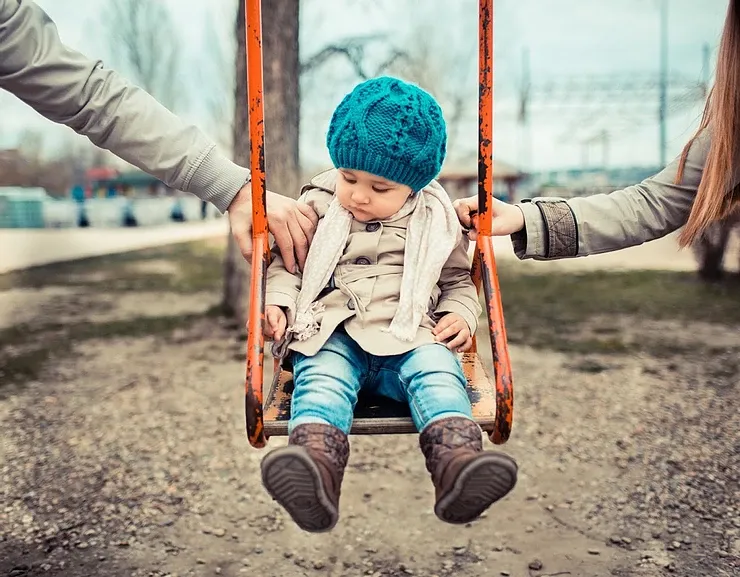3 Ways to Support Children of Divorce

While divorce has become an increasingly common occurrence in modern life, its effects can deeply alter life for parents, family members, and children. It can be a painful, confusing, and trying time. Here are three tips to help children through the many changes and feelings they may experience.
1. Validation
Children go through an array of questions and emotions throughout the divorce process. Let them know their feelings are valid, important, and recognized. Let them know that it’s OK to feel upset, scared, sad, angry, or relieved.
Make sure the children know that having questions is normal and that you will try to answer them as honestly as possible. Help children put their feelings into words so they can better express themselves and know what is going on emotionally.
Make sure you address the child with their age, maturity, and temperament in mind. Keep information simple and basic for younger kids. For example, "Mom and Dad are going to be living in different homes so there is less fighting between us." Teens may be more cognizant of what has transpired and may have more in-depth questions. Answer them as truthfully as you can and without blame.
Along with complex emotions, children may also have many behavioral changes such as depression, anxiety, decreases in school performance, and noticeable changes in appetite and sleep. They may spend less time with friends, wet the bed, and have nightmares.
Teens may exhibit additional concerning behaviors, such as alcohol or drug use and inappropriate sexual behaviors. Address both the behaviors and the emotions behind them. If you feel overwhelmed, don't be afraid to get outside help with a counselor or therapist. Make sure the child knows these behaviors are normal reactions, and that you are there to help them.
2. Consistency
All adults involved in a divorce need to be on the same page in regards to the children's routines, expectations, and boundaries. A consistent routine for the child is imperative. Be very clear about what things in the child's routine will change, and what will stay the same. Give kids ample warning ahead of time for any major changes, like when a parent moves out, so that the child has time to ask questions and adjust.
Make sure the child has one-on-one time with both parents to express their concerns. Children may relate differently to each parent and have different discussions and questions between them. Both parents should also stay involved in the child's life, especially for important events like soccer championships, birthday parties, or dance recitals.
3. Positivity
Parents, friends, and other family members may be tempted to do negative and hurtful things during a divorce, but it is imperative to not bring that negativity to any affected children. Keep legal talk and conflict confined to therapy, mediation, and appropriate settings outside of the home.
Most importantly, make sure that the child knows, and is often reminded, that the divorce is not their fault. Many children may feel that if they had been better their parents might still be together. Parents and other trusted adults need to always clearly state that the decision to separate is an adult one and that the child is still loved, wanted, and blameless.
As adults, we can get very wrapped up in our own emotions and challenges, but it is vital that our children don't get lost in the process. Incorporate these three guidelines into everyday family life as it changes with a new divorce to help both children and adults through the hardship and hopefully make the transition a little easier for everyone. Contact Kalasnik Law Office for help with your divorce process.